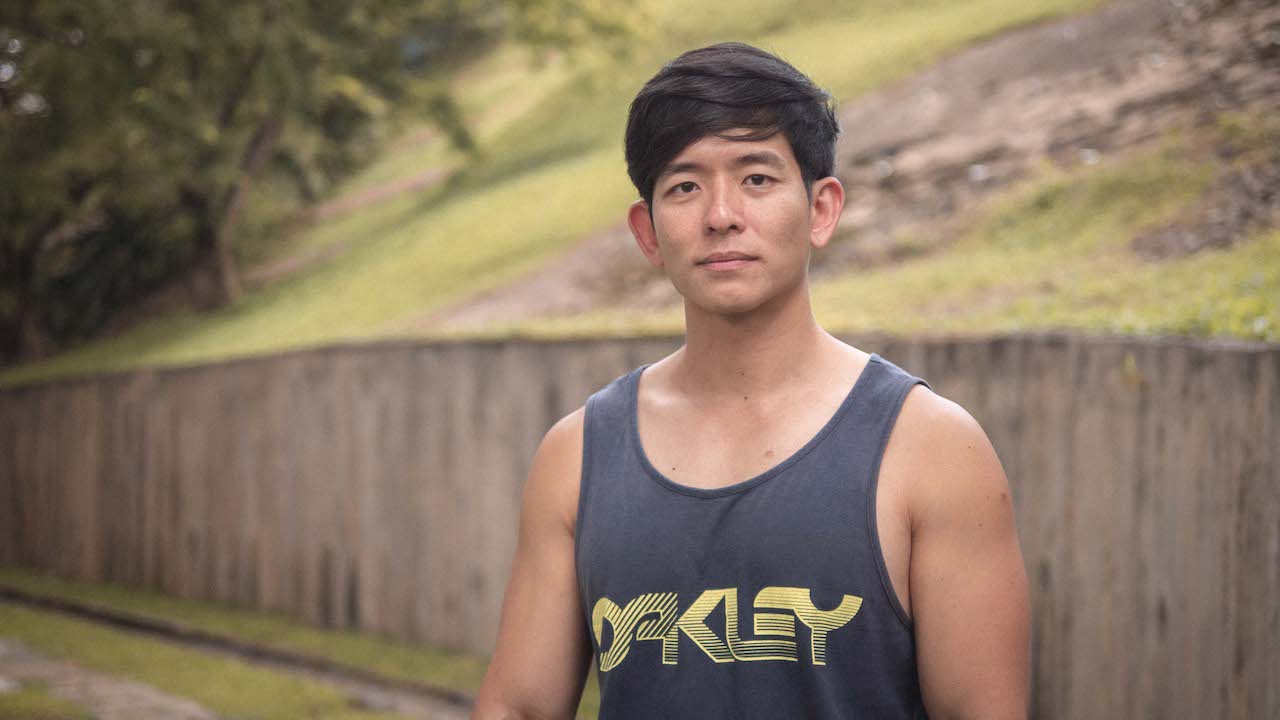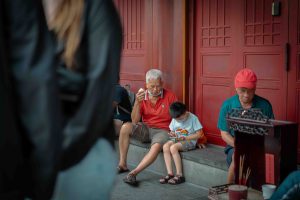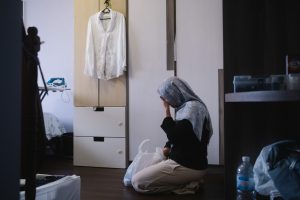Lee Wen Liang looks at the picture on his phone.
A younger version of himself sits propped up on a hospital bed, casually reading a book. To the untrained eye, the man looks perfectly fine, and the only thing vaguely suspicious about the picture is its peculiar location. At least that’s what Wen Liang’s friends thought when he sent it to them.
The book he’s reading? It’s Not About the Bike by Lance Armstrong. That should’ve been their first clue.
With a swipe of his thumb, he shows me another photo taken a few months later. Again, his younger self looks back at both of us, smiling. This time, he’s harder to recognise. He’s completely bald, every strand of hair on his head claimed by chemotherapy. Chuckling, he tells me his eyebrows soon followed.
You might be picturing Wen Liang as an octogenarian regaling me with tales of his battle with cancer. But no, the man in front of me is 32, and the pictures were taken 7 years ago when he was only 25.
When we’re in our 20s, we think of diseases as something that can only befall our parents. It’s a natural side-effect of ageing, we tell ourselves. After all, everyone around us looks healthy, and our elders say we’re far too young to fall ill. We think we’re invincible, charging through life unbridled by thoughts of our own mortality.
Or at least that’s exactly what Wen Liang thought. Like any other 20-something, Wen Liang possesses a deep sense of wonder towards the world around him. He loves travelling and being active but cancer meant all of that ground to a halt for the ever-cheerful man with an unparalleled zest for life.
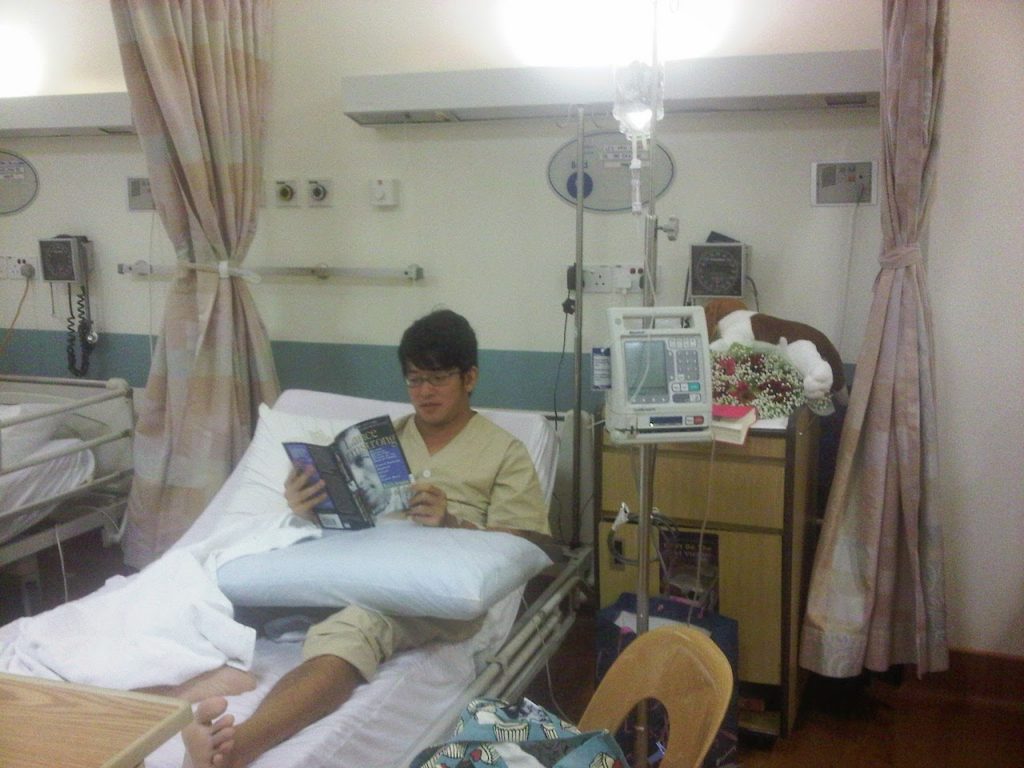
Seven years ago, when Wen Liang was in his second year of university, the full-time student, part-time swim coach, and dedicated dragon boater noticed a small lump forming on the right side of his neck.
Being relatively new to the sport (only picking it up in his freshman year together with a couple of army friends), Wen Liang brushed it off as a minor injury he had sustained while training. After all, he didn’t feel sick or uneasy. Neither was there any pain or soreness. In fact, he felt perfectly fine save for the occasional bouts of breathlessness that seemed to plague him with increasing regularity.
Even then, he was an athlete. And one in arguably the most gruelling of sports. The training was tough, but he could still breathe normally when he wasn’t exerting himself.
He was just exhausted from all the things he had on his plate, Wen Liang thought to himself. And yet, tiredness doesn’t account for lumps getting bigger.
It got to the point where everyone started calling him fat. To them, it looked as though his neck was slowly starting to fuse into the rest of his upper torso. But how could he be fat when the size of his other body parts remained the same? Perplexed, Wen Liang noticed that the swelling was beginning to look odd. Something didn’t seem quite right.
Deciding to seek medical help, he headed straight for Alexandra Hospital.
During Wen Liang’s first consultation, the doctor biopsied the lump with a needle and sent the sample for testing. But the sample turned out to be too small, and so he had to return. During his second, Wen Liang was admitted for day-surgery, where doctors actually cut the lump open and scraped for cells to test.
Through all of this, Wen Liang tells me he wasn’t worried, and had little inkling of what was to come.
“I’d go to the hospital in the morning but other than that, it was life as usual. I continued to train and run. Even the day of the minor operation, I went back for lessons in the afternoon. It was during the revision period in school and my exams were coming. That was the only thing I was worried about!” he tells me.
A week later, when he went back to the hospital to have his stitches removed, the penny dropped: the cells in the lump were cancerous.
The doctor referred him to NUH and told him that he needed to see an oncologist — not that Wen Liang actually knew what an oncologist was. He had never heard of the term.
Looking back now, he shares that ignorance might’ve been bliss. He treated his condition like any other illness. All he knew was that he was sick and needed to get better.
For him, it really is that simple. It’s not that he’s simple-minded, but the man radiates positivity.
Even if he had known more about cancer and how it could’ve affected him, it wouldn’t have changed how he saw his illness.
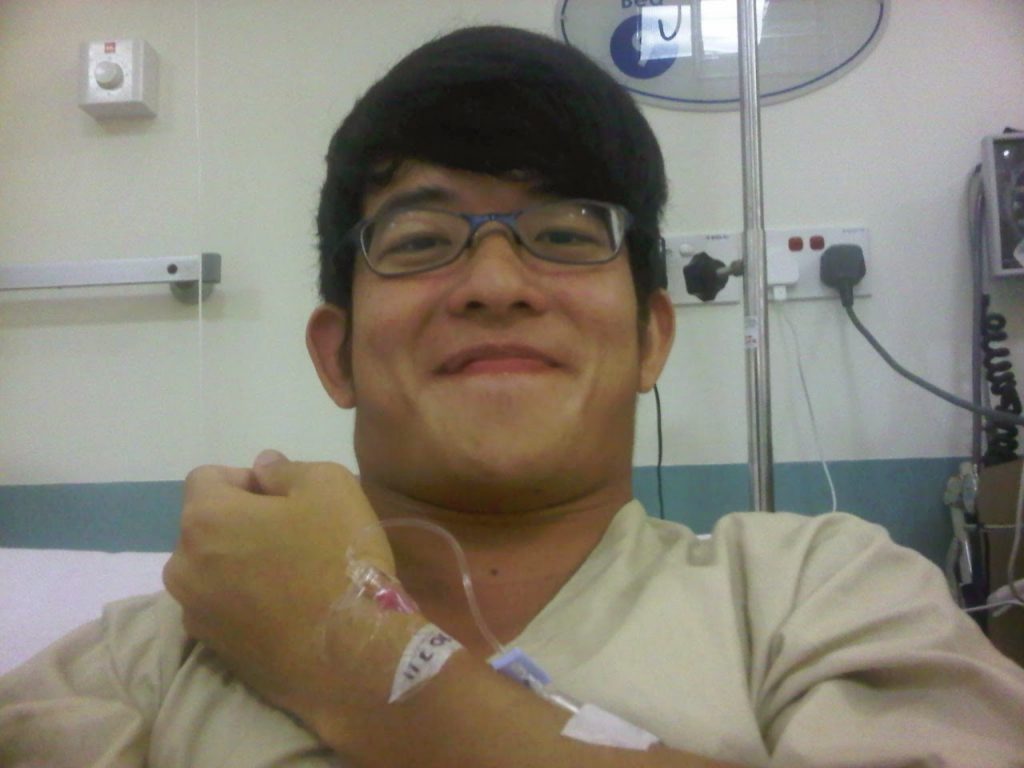
“I remember in NUH there was this social worker who would go to all the new cancer patients and ask them if they needed any help and counselling. So she came to me and asked if I was okay. And so I told her that I was okay. But she didn’t believe me. She was like, ‘No, seriously, you can let me know. Are you okay?’ So again, I told her that I was really okay. I was fine. I wasn’t sad. I was okay. I think she was a bit stunned that I took the news so well because she kept checking and so I asked her, ‘Are you okay?’ After that, she let me off and went to help the rest!” Wen Liang tells me as he bursts into laughter.
Long story short, he was okay. His first round of chemo happened on the 1st of April — incidentally, when the first of the aforementioned photos was taken. His friends didn’t believe him at first, thinking it was an elaborate April Fools prank. But after one of them actually called the hospital to check, they stood together with his family, extremely concerned and firmly by his side — something Wen Liang is ever grateful for.
With his loved ones’ support, he began the slow process of recovery over the next 6 months: 6 cycles of chemotherapy, 3 weeks between cycles.
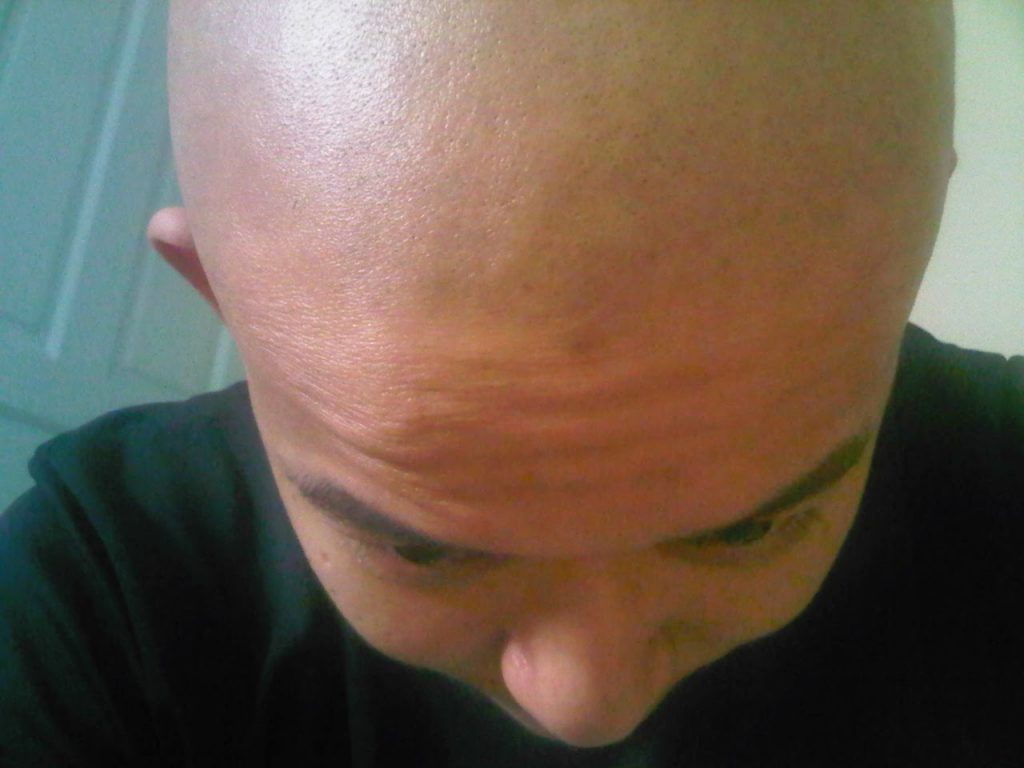
Gradually, the novelty wore off, and the treatments wore his immune system down. He often felt drained after chemotherapy, although his spirits remained high. He says that his doctor advised him not to sit for his final-year examinations in May that year, and to focus on recuperating at home. While this meant he had to repeat a year of his university studies, it was, for a stressed student juggling multiple responsibilities, the “best news ever”.
Besides not being able to exercise and occasional bouts of lethargy, Wen Liang shares that there wasn’t much he couldn’t do. He could still leave the house when his immunity was back up, and his only dietary restriction was food that had been left out for too long or undercooked. Nevertheless, he began reading up on his condition.
He did his research by reading widely online and devouring Lance Armstrong’s book, drawing inspiration from how the world-renowned cyclist not only managed to overcome his illness but helped the community. Wen Liang shares that he hugely respects how Lance donated millions and set up the LIVESTRONG foundation aimed at supporting cancer patients. (He subsequently even got the foundation’s name tattooed on his ribs).
Inspired by Lance, and wanting to get his life back to normal, Wen Liang took his health into his own hands. He started including broccoli and asparagus (cancer-fighting foods) in every meal. Sometimes, he did so more literally, administering his own injections after learning how to do so from nurses in the hospital.
“My life suddenly ground to a halt. I was really looking forward to the day being active again so I just ‘guai guai’ [obediently] followed my doctor’s orders.
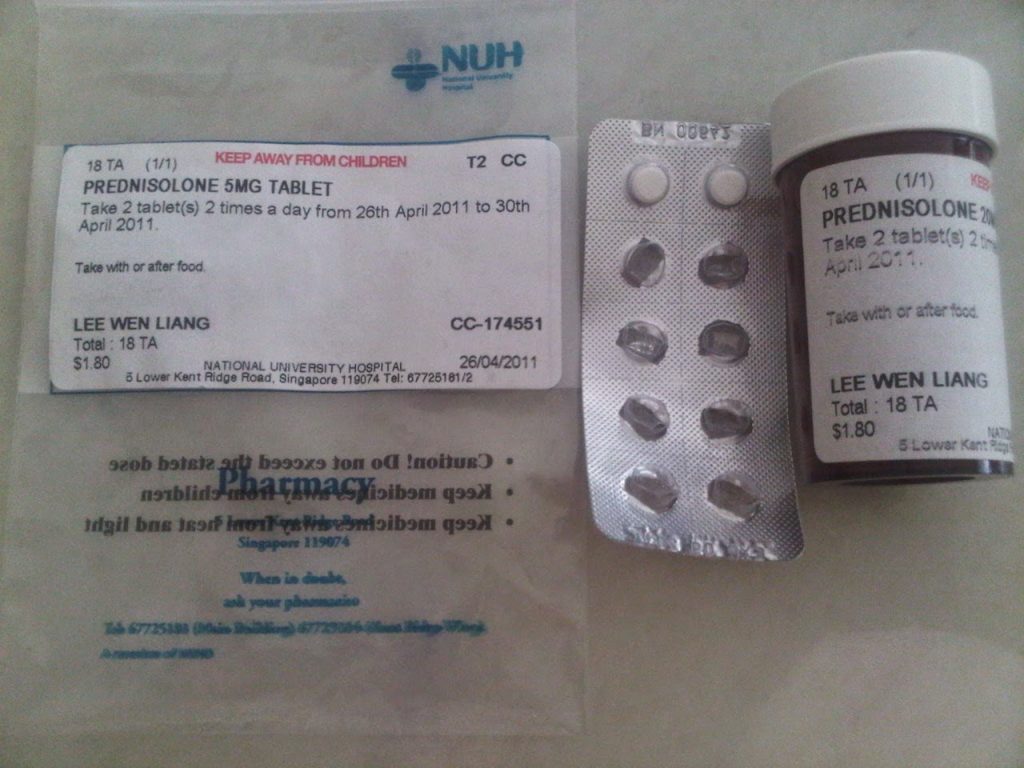
“My mother was really, really sad. I remember one night, she came to my bed and just cried. And this was at like 1, 2 AM. Woah, I couldn’t take it. I was doing fine but seeing her like that was just painful. I didn’t exactly know how to react or what to do to make her feel better. So I just told her I was okay and she didn’t need to cry. But feeling so helpless sucked,” Wen Liang tells me.
Thankfully, and possibly due to his endless positivity, that incident never repeated itself. He got better; felt better, and his mother’s mood improved by leaps and bounds as she saw her son doing well.
In the blink of an eye, 6 months flew by and Wen Liang was back in his oncologist’s office one August morning as a cancer patient for the last time. After his scans were reviewed, he finally got the news he had been waiting so patiently for: he was officially in remission.
As you might expect, Wen Liang was over the moon. The athlete was given the green light, and he simply couldn’t wait to get back to his old life. After attending a friend’s graduation ceremony as soon as he left the hospital, he went home, grabbed his gear and went straight back to training. That. Very. Day.
Where others would’ve taken baby steps when getting back to normal life, the man next to me wouldn’t stay down any longer. A couple of months later, when his schedule permitted, Wen Liang left the country.
“I only started travelling a lot since I got a full-time job. As a student, most of my days were spent either in class or rowing. On weekends I’d be coaching at the swim school. I had zero travel experience other than overseas dragon boat competitions. Only when I started making money and had a bit of savings in my bank account, I’d just go!”
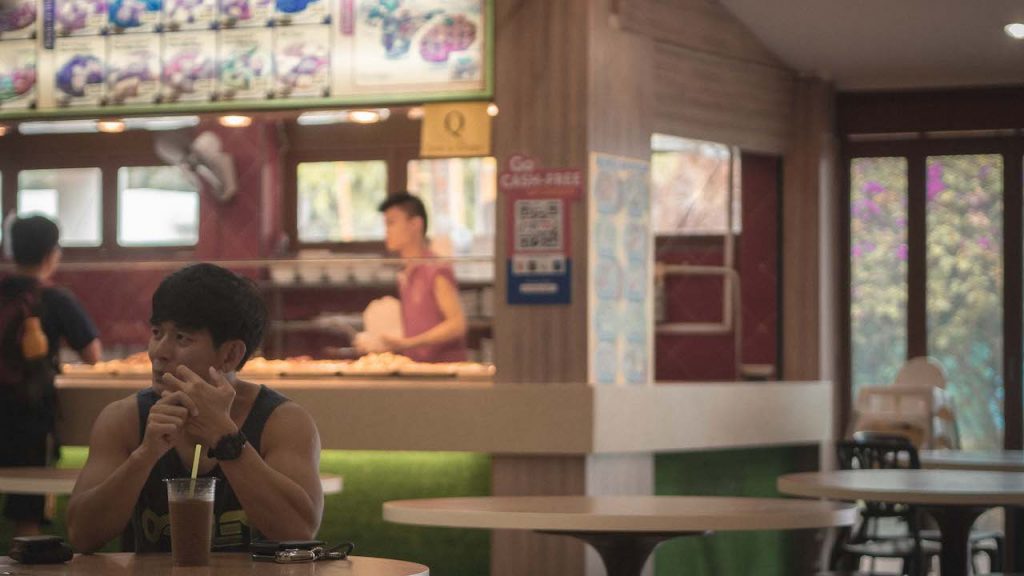
“When I buy travel insurance, it’s mainly just in case luggage gets lost or stolen. Or flight delays, accidents. Those are the main concerns. I wasn’t really looking at any policies that covered a pre-existing condition because I didn’t even know such policies existed.”
What this means is that if Wen Liang is overseas and feels something amiss, or suspects that the cancer might’ve come back, he will most likely keep his worries to himself — something he admits to — and only have himself checked out when he returns to Singapore.
He’ll still confide in his travel companions (if they’re close friends) though, but even then, to him, a day spent at the hospital is a day wasted. The last thing he wants is to inconvenience others or dampen their holiday spirit.
“Now that I know there are travel insurance plans like MSIG TravelEasy Pre-Ex which cover my pre-existing medical conditions, I can get myself checked beforehand to ensure I meet the insurance pre-qualifications. Then, knowing that I’m medically covered during my overseas trip, it gives me more peace of mind and I can enjoy my trip properly.”
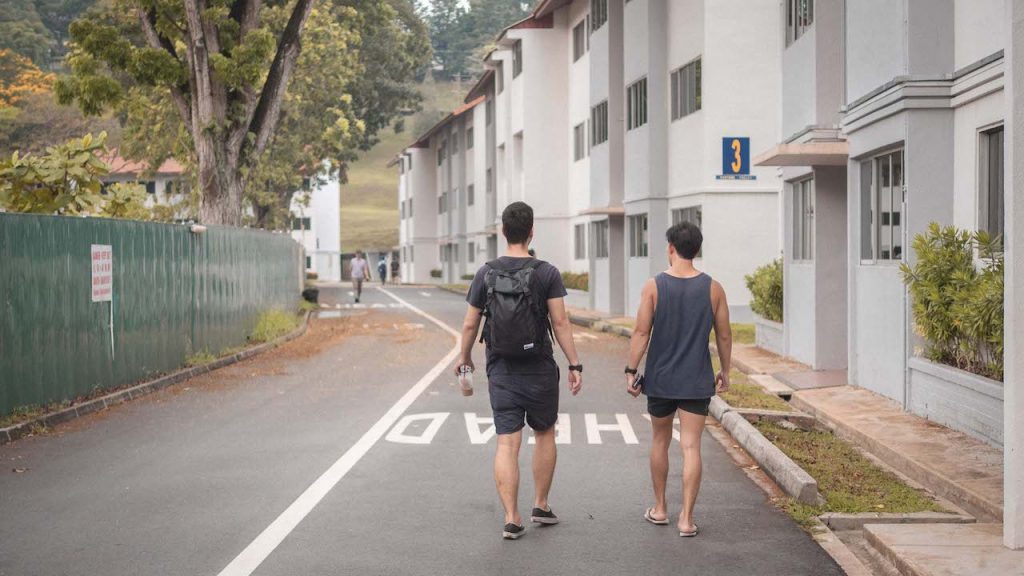
He’s not fearful because he knows that even in the event the cancer returns, he’ll go through the entire recovery process with the same unwavering determination and positivity. He’ll do whatever it takes to get better, protecting himself and his loved ones (especially his mother) from going through that experience again.
For now, all Wen Liang hopes to do is to spread awareness about cancer and how to cope with the illness. It’s the reason why he joined cancer support groups on Facebook and Whatsapp, encouraging newer cancer patients to keep fighting the good fight and stay positive. This includes advising people with pre-existing medical conditions on the travel insurance options available to them. For Wen Liang, it’s exploring the world, which he can now do with MSIG’s travel insurance.
MSIG’s TravelEasy Pre-Ex insures travellers with stable and controlled pre-existing medical conditions, for their overseas hospitalisation expenses. In the event of an acute onset of a pre-existing medical condition, the policy covers medical, surgical, nursing or hospital charges up to S$150,000 (coverage varies depending on the type of TravelEasy Pre-Ex plan purchased) with no excess or co-payment required.
The policy includes other benefit covers such as personal accident, travel postponement, and delayed or lost baggage.
With so much of the world left to explore, and so much life coursing through his veins, it would be an utter shame if Wen Liang’s constantly looking over his shoulder instead of living life to the fullest while on his travels.
Having peace of mind is one of, if not the best feeling on earth and having a pre-existing medical condition should never stop you from feeling it.
Aiming to free their clients and their family members from travel worries caused by pre-existing medical conditions, MSIG’s TravelEasy Pre-Ex plan allows for people with pre-existing conditions to truly enjoy the beauty of life on their holidays.
To sign up for MSIG’s TravelEasy Pre-Ex plans, click here.
What do you think of this story? Write to community@ricemedia.co and tell us.

